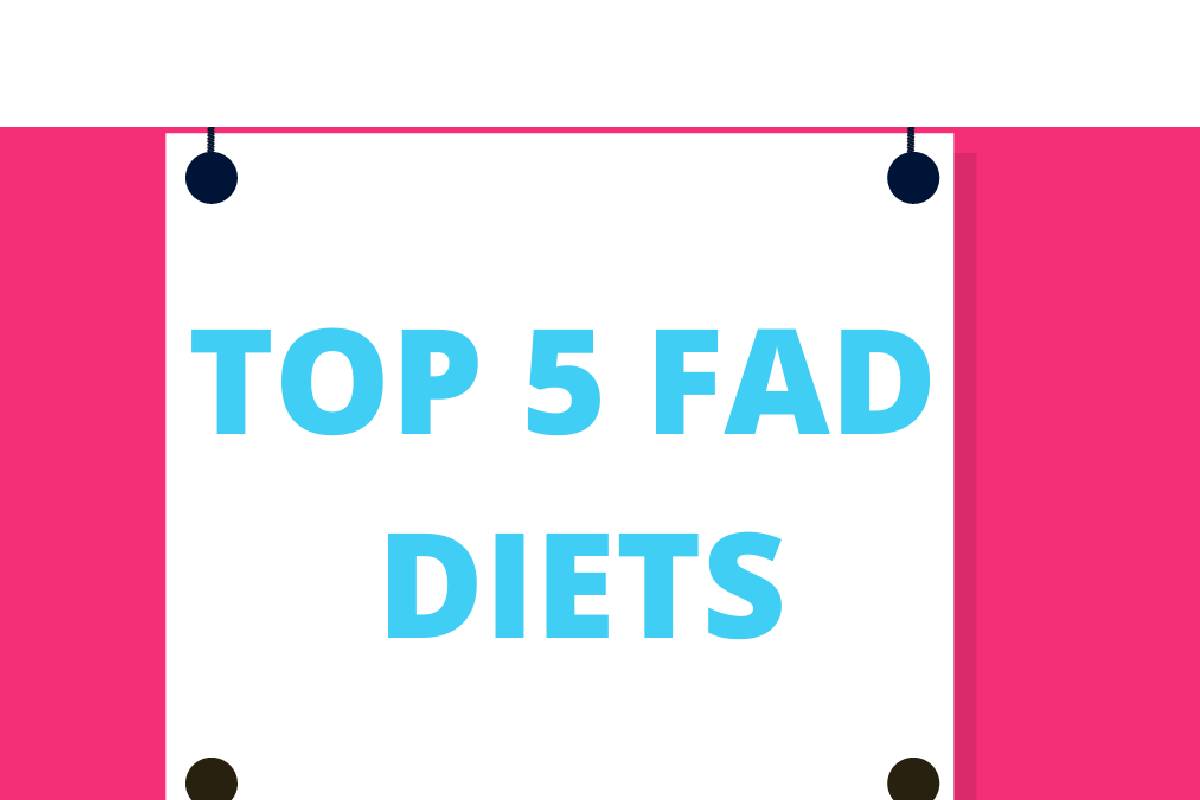Table of Contents
Fad diets are trendy for weight loss.
Fad Diets – Often promise rapid weight loss and other health benefits but have no scientific evidence to support their use. Additionally, they are often nutritionally unbalanced and ineffective in the long run. However, high-quality, controlled studies have found some “fad” diets to induce weight loss. What’s more, these diets can be healthy, balanced, and sustainable. Here are the top nutrition trends among teens and things you can do today to living a healthier lifestyle:
1. Vegan/Vegetarian – Fad Diets
A vegan or vegetarian lifestyle founded on a balanced diet can have many health benefits. However, many people who choose this path do not necessarily include more vegetables and fruits in their meals. Eliminating the main food groups can lead to deficiencies in protein and some vitamins and minerals, such as:
Protein
Iron
Zinc
Iodine
Calcium
Vitamin D
B12 vitamin
Vegetarians are at less risk of nutrient deficiencies than vegans because some may still eat dairy products, eggs, or fish. However, many teens choose things like mac and cheese, pizza, chips, crackers, and prepackaged processed foods that are vegan or vegetarian but not good sources of nutrients. Excessive consumption of these items can result in excessive caloric intake. Therefore, it’s best to focus on a whole diet that includes all food groups.
2. Juice cleanse – Fad Diets
Juicing usually takes a few days to a few weeks. While people may notice weight loss during a juice cleanse, it’s typically temporary water weight. Juice contains some vitamins and minerals, but it’s also full of sugar and lacking in fibre. Without the fibre, protein, and nutrients in other foods, people who take the juice cleanse may feel sluggish, irritable, have low productivity, and have irregular bowel movements.
3. Ketogenic diet – Fad Diets
The ketogenic diet is a low-carb, moderate-protein, very-high-fat diet plan that many celebrities have recently popularized. However, when people adopt this lifestyle, they eliminate essential food groups. Therefore, any diet plan that is too restrictive will not be a sustainable healthy diet in the long run.
It’s important to note that some people take a medical need for a ketogenic diet closely managed by a doctor to manage epilepsy or other long-term conditions.
4. Paleo Fad diets
The paleo diet, or caveman diet, tries to get back to basics by emphasizing natural, unprocessed foods. However, it falls short due to the heavy weight of meat and the exclusion of dairy products, grains, and legumes (certain types of beans), which are essential to a well-rounded diet.
5. Gluten-Free – Fad Diets
Like the ketogenic diet, gluten-free diets are due to medical necessity. To control their symptoms, people with celiac disease or gluten sensitivity must avoid these foods. Also, without one of these conditions, there is little evidence that this diet is a healthier alternative. Paleo and keto diets are low-carb, and most people who follow them are gluten-free.
Keys to a healthy eating plan:
Choose the healthiest and most natural form of foods instead of processed foods. Use MyPlate as a guide to filling your plate at meals. Vegetables and fruit should make up half the scale, and grains and protein a quarter. Replace sugary drinks such as sodas and sports drinks with water.
And it aims for nine hours of sleep, five servings of fruit and vegetables, less than two hours of screen time, one hour of physical activity, and zero sugary drinks daily.

